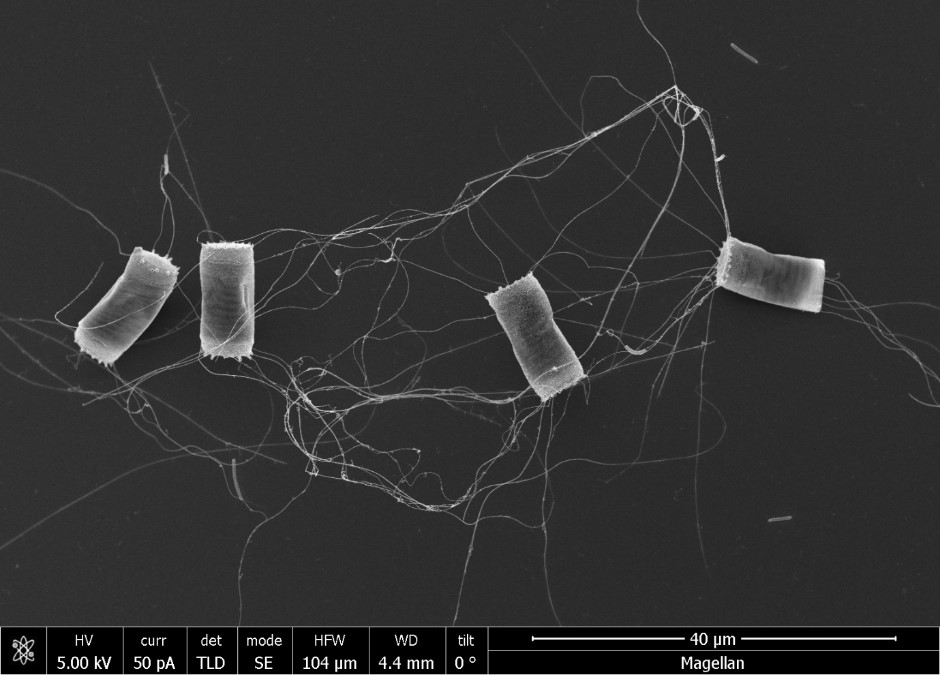Keywords
Microbial ecology, bacteria–phytoplankton interaction, biophysics, quantitative biology
Description
Interactions between phytoplankton, the main producers of organic carbon on earth, and heterotrophic bacteria, the main consumers, play a key ecological role in driving biogeochemical cycles at the global scale. However, our understanding of these interactions is limited by a lack of knowledge about their dynamics at the microscale.
Recent efforts have highlighted the role of bacterial motility and chemotaxis (the ability of bacteria to modify their swimming behaviour in response to chemical gradients) in facilitating encounters between bacteria and phytoplankton. Following an encounter, bacteria must then remain in close proximity to the phytoplankton cell to ensure the exchange of molecules that underpin their interaction. How bacteria and phytoplankton maintain this spatial proximity during their interaction is poorly understood. In particular, the role of bacterial attachment to phytoplankton—a direct mechanism allowing bacteria to remain in close contact with their host—remains largely unexplored.
In this project, we will leverage diverse quantitative experimental tools to investigate how bacterial attachment can facilitate bacteria–phytoplankton interactions. Specifically, we will examine the mechanisms by which bacteria attach to phytoplankton cells, the prevalence of bacterial attachment, and the effects of this interaction mechanism on the physiology of both the bacterium and its host phytoplankton cell.
Skills you will learn
- Microbiology techniques (bacterial culture, phytoplankton culture)
- Microscopy, cytometry, microfluidics
- Experimental design to test hypotheses, data analysis
Goal
The goal of this project is to gain a better understanding of the diversity of mechanisms and the ecological roles of bacterial attachment in bacteria–phytoplankton associations. Students will be encouraged to propose new approaches to investigate specific research directions related to the project, based on their interests. Depending on the student’s background and motivation, this experimental approach can be complemented by numerical simulations.
Project start
Anytime
Location
Environmental Microfluidics Laboratory, IfU, D-BAUG (ETH Zurich, Hoenggerberg campus)
Project type
This project can be adapted for Master Theses or Master Projects.
Contact details
Mathieu Forget (Post-Doc in the Stocker lab) – mforget@ethz.ch
